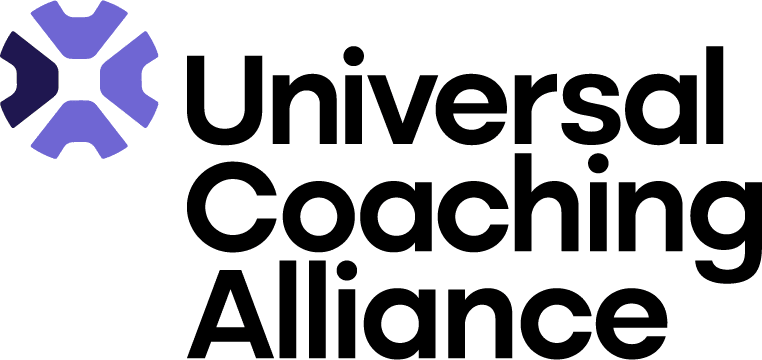The Power of Active Listening: A Coach’s Ultimate Tool
In the realm of coaching, where guidance, motivation, and empowerment are paramount, the skill of active listening stands as a beacon of effectiveness. Active listening isn’t just about hearing words; it’s about understanding the deeper message, fostering trust, and facilitating growth. For a coach, mastering the art of active listening is not merely advantageous—it’s essential. Let’s explore the myriad benefits of active listening for coaches and their clients.
First and foremost, active listening cultivates a profound sense of trust and rapport between the coach and the client. When a coach demonstrates genuine interest and attention to their client’s thoughts, feelings, and experiences, it creates a safe space for open communication. Clients are more likely to open up, express themselves authentically, and share their vulnerabilities when they feel heard and understood. This trust forms the foundation of a strong coaching relationship, enabling deeper exploration and more meaningful progress.
Moreover, active listening allows coaches to gain invaluable insights into their clients’ perspectives, motivations, and challenges. By fully engaging with their clients’ words, both spoken and unspoken, coaches can discern underlying beliefs, fears, and aspirations. This deeper understanding enables coaches to tailor their approach, ask pertinent questions, and offer targeted support that resonates with their clients on a profound level. As a result, coaching sessions become more focused, impactful, and effective in driving positive change.
Active listening also fosters empathy, compassion, and emotional intelligence in coaches. By attuning themselves to their clients’ emotions and experiences, coaches develop a heightened sensitivity to the nuances of human interaction. This empathetic connection allows coaches to provide genuine support, validate their clients’ feelings, and offer meaningful encouragement. Clients feel truly seen and understood, which enhances their self-awareness, self-acceptance, and self-esteem—a priceless gift in the journey of personal growth and development.
Furthermore, active listening enhances communication skills and conflict-resolution abilities in coaches. By honing their capacity to listen attentively, clarify meaning, and paraphrase content, coaches can navigate challenging conversations with finesse and grace. Misunderstandings are minimised, and conflicts are resolved more effectively, fostering harmony and collaboration in the coaching relationship. Additionally, active listening empowers coaches to ask powerful questions that provoke deep reflection, insight, and breakthroughs in their clients’ thinking patterns and behaviors.
In the sphere of coaching, where every client is unique, and every journey is personal, active listening serves as the cornerstone of success. It enables coaches to build strong rapport, gain valuable insights, cultivate empathy, and enhance their communication and conflict resolution skills. Ultimately, active listening empowers coaches to create transformative experiences that inspire, motivate, and empower their clients to reach their fullest potential.
In conclusion, active listening isn’t just a skill—it’s a superpower for coaches. It has the potential to transform coaching sessions from ordinary interactions into profound catalysts for growth and change. By embracing active listening wholeheartedly, coaches can elevate their practice, deepen their impact, and empower their clients to thrive in every aspect of their lives. So, let us listen actively, with ears, hearts, and minds wide open, and watch as the magic unfolds in the coaching journey.
Next Steps:
Event:
Active Listening – With Helen Bullock – Tuesday 25th February 2025 – 18:00 – 19:30 GMT
Resources:
Book ‘TA Today’ by Ian Stewart and Van Joines
Book ‘The Art of Active Listening’ by Richard Banks
Self-development:
Self-Reflection Exercise: Complete your learning log on this subject

 1 Year of UCA: Celebrating Growth, Impact & the Future of Coaching!
1 Year of UCA: Celebrating Growth, Impact & the Future of Coaching! 